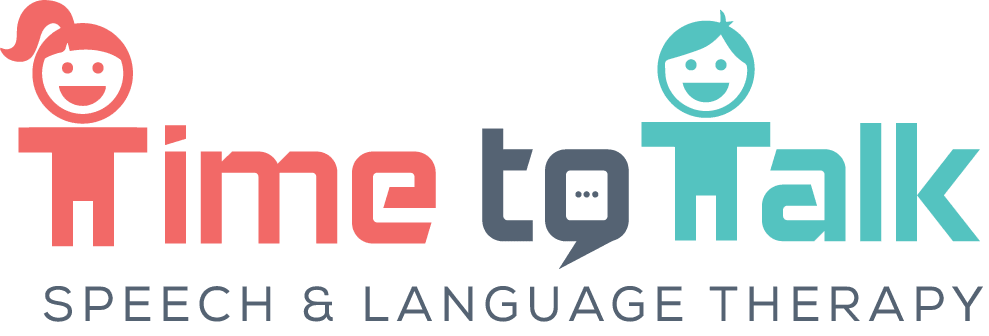Here at TTT, we are very passionate about providing the best support possible to children with developmental language disorder (DLD). DLD is a condition that affects 7.6% of children – two pupils in every class of 30 – in which they find it difficult to understand or use language, with no outlined cause and no other biomedical condition present, such as a hearing impairment or autism spectrum disorder.
Without a specialist understanding, DLD can be mistaken for autism spectrum disorder, as they both result in delays to the development of language and difficulties in understanding higher-level language such as idioms. It can also commonly be mistaken for behavioural difficulties, because children with DLD often find it difficult to follow instructions and to respond appropriately to questions.
These and other difficulties in identifying DLD can significantly affect a child’s experiences at school, as well as the building of healthy relationships with their peers and staff.
The role of Speech and Language Therapists
Speech and Language Therapists are trained to assess, diagnose and provide bespoke support for children with DLD. We:
• Provide targeted activities and programmes to develop their language skills.
• Create learning strategies to support their language needs.
• Educate and empower teaching staff to tailor their own language and the curriculum for them.
• Provide helpful strategies for families to best support their children’s language development.
• Follow best practice: We follow regular and current evidence-based guidance from professional bodies such as the IASLT.
• Campaign: We encourage active involvement in campaigns such as #devlangdis and DLDandMe to help spread awareness of DLD.
Without a specialist understanding, DLD can be mistaken for autism spectrum disorder, as they both result in delays to the development of language and difficulties in understanding higher-level language such as idioms. It can also commonly be mistaken for behavioural difficulties, because children with DLD often find it difficult to follow instructions and to respond appropriately to questions.
These and other difficulties in identifying DLD can significantly affect a child’s experiences at school, as well as the building of healthy relationships with their peers and staff.
The role of Speech and Language Therapists
Speech and Language Therapists are trained to assess, diagnose and provide bespoke support for children with DLD. We:
• Provide targeted activities and programmes to develop their language skills.
• Create learning strategies to support their language needs.
• Educate and empower teaching staff to tailor their own language and the curriculum for them.
• Provide helpful strategies for families to best support their children’s language development.
• Follow best practice: We follow regular and current evidence-based guidance from professional bodies such as the IASLT.
• Campaign: We encourage active involvement in campaigns such as #devlangdis and DLDandMe to help spread awareness of DLD.
